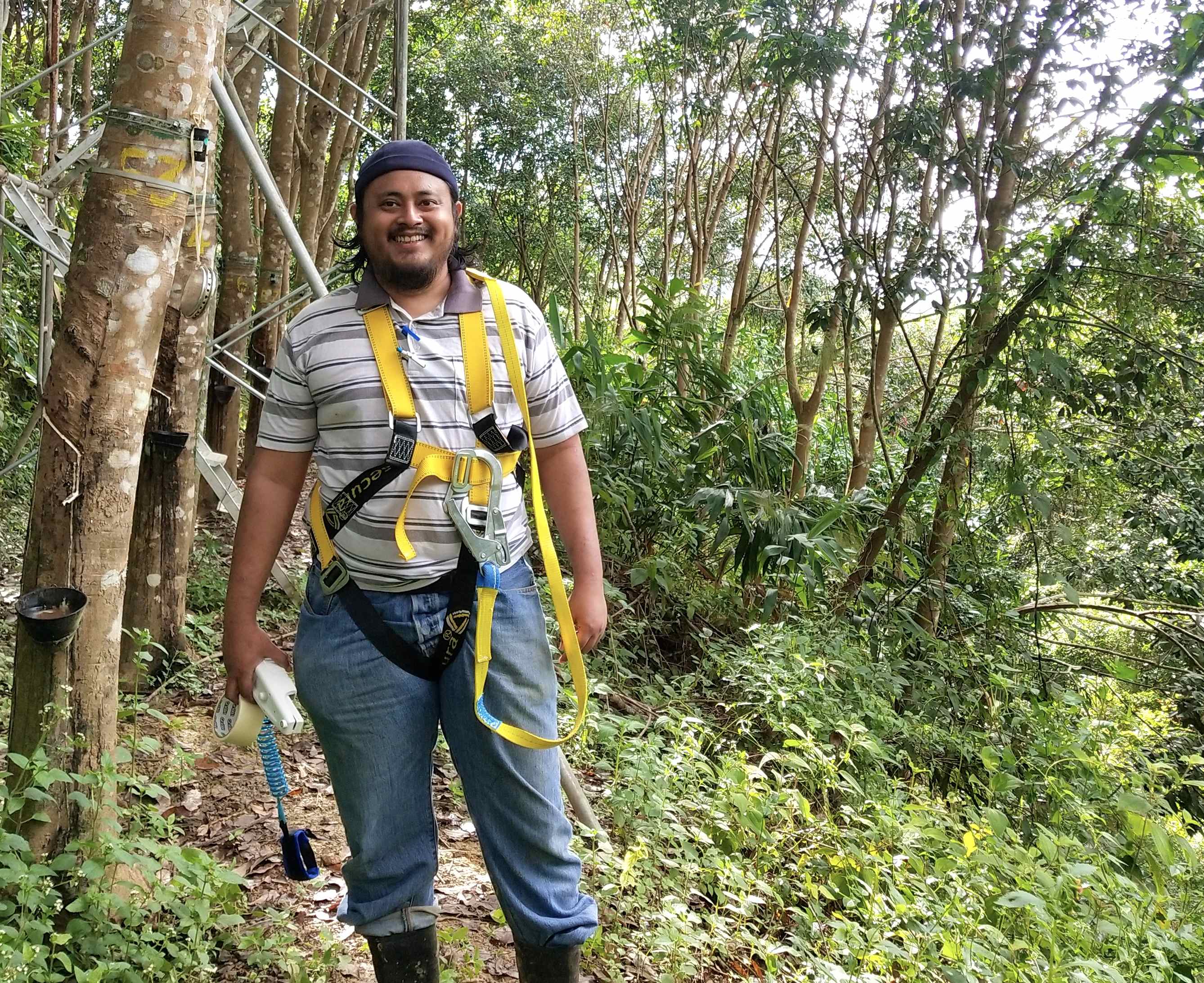Finding answers on their travels

Travel bursaries enable postgraduates working on questions of climate, plant biology and food security to conduct critical fieldwork overseas.
Though Covid-19 has inevitably led to some research trips being postponed, your gifts have enabled a number of students to work on projects in Europe, Asia and Africa.
Ruth Joo's PhD - ‘Institutional Change of Climate Policy and Carbon Markets in the Paris-era’ examines how institutions, political forces and the role of carbon markets affect the adoption of climate policy arrangements. Through face-to-face interviews and the analysis of policy documents Ruth is comparing how institutions in the EU and South Korea are affecting the evolution of climate policies and carbon markets following the Paris Agreement.
The Climate Research Bursary enabled her to travel to South Korea, where she met with government officials and experts from national institutes, NGOs, academia, industry, and media - both in the capital, Seoul, and in Sejong, where many ministries and government agencies are located.
“I wanted to understand how and why South Korea set a 2050 net-zero target after Paris – and evaluate its prospects for transitioning to a carbon neutral society. I don’t think South Korea is likely to achieve that goal, due both to the country’s changing political landscape and resistance among its institutions.
I’m really grateful for the funding which has allowed me to meet the people at the heart of this issue."
Mohd Hafiz Bin Mohd Hazir's PhD is researching how climate change will impact on Malaysia’s plantations of rubber, the country’s second most valuable commodity crop, providing substantial income and employment.
Though most of the country’s one million hectares of rubber are located in Peninsular Malaysia, where the tropical climate creates ideal growing conditions, the limited availability of land has slowly shifted plantations into more marginal areas. One of these is the north-western state of Kedah, which has greater seasonal changes and is and prone to recurrent drought – an issue predicted to become even more pronounced in future.
A key challenge is selecting strains of the crop which are more resistant to extremes of drought and heat. Though much research has been done on seedlings, Hafiz’s work centres on mature and growing trees – and the travel bursary was critical to his ability to conduct this research on the ground.
"I aim to provide data that characterises the sensitivity of a wide variety of rubber clones to climatic stress, to provide a scientific basis for making critical management decisions under climate change,” he says.
Sibongile Zimba’s PhD is exploring climate-smart crops for sorghum and millet production in drought-prone areas of southern Malawi. She explains: “Studies have shown how the changing climate, with extremes of temperature and rainfall, poses a real risk to agriculture in the region. And as the population rises, the pressure on food production will also increase.”
Her laboratory work in the Faculty of Biological Sciences is identifying the most resilient and nutritious strains, which could thrive under a changing climate.
“There's an urgent need to develop climate-smart, sustainable crops and management systems to provide sufficient, nutritious food to support healthy population growth in Malawi and the sub-Saharan Africa region.”
The travel bursary allowed Sibongile to spend time in the region, learning from farmers about the choices they make about which strains of sorghum and millet to use – and gaining an understanding of the supply chains at work in the region.
